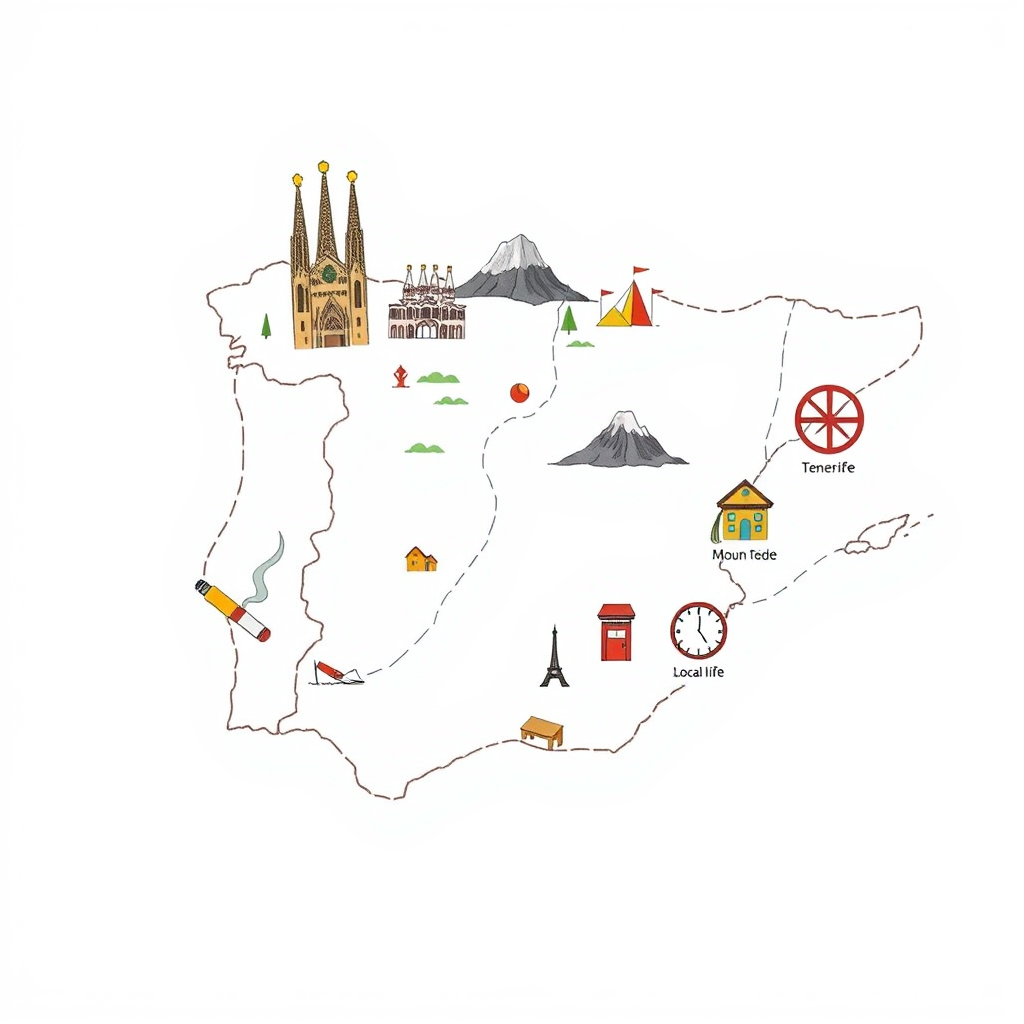Spain Cracks Down: New Rules for Tourists

Spain is enacting stricter regulations aimed at managing the impact of mass tourism, a move prompted by growing concerns from residents in popular destinations like Barcelona and Tenerife. The country welcomed a record 94 million visitors in 2024, with British tourists comprising the largest group, and local communities are increasingly vocal about overcrowding, escalating housing costs, and the strain on local resources. These concerns have fueled protests and prompted authorities to intervene with a series of new rules.
The changes aren’t intended to discourage tourism entirely, but rather to foster a more sustainable and respectful balance between visitors and residents. Travelers, particularly those from the UK, should be aware of these regulations to avoid potential fines.
Several regions are implementing or increasing tourist taxes. In the Balearic Islands, overnight charges are set to rise based on accommodation quality, and cruise ship passengers will face a significant 200% increase in fees. Barcelona is doubling its per-person, per-night tourist tax, though children under 16 are exempt.
Beyond financial levies, specific behaviors are now restricted. Gran Canaria has banned smoking and vaping on beaches, along with playing music, cooking, collecting shells or rocks, public displays of intimacy, and obstructing pathways.
Regulations also target the scale of tourism activities. In Mallorca’s Palma, walking tours are now capped at 20 people per group. The town of Sóller, also in Mallorca, is implementing a “residents only” zone, restricting access for rental cars in the town center.
While reports circulated regarding a potential “three-year” tourist ban in Malaga, this has been clarified as a restriction on registering new holiday rentals in 43 districts. Existing rentals and hotels remain unaffected.
Finally, several municipalities – Llucmajor, Palma, Calvia, and Sant Antoni – are implementing a late-night alcohol ban, prohibiting sales from 9:30 pm to 8 am, and restricting party boats.
These measures represent a significant shift in approach, acknowledging that unchecked tourism growth can have detrimental effects on local communities. While some may view these rules as restrictive, they are a necessary step towards preserving the quality of life for residents and ensuring the long-term sustainability of Spain’s tourism industry. It’s a delicate balancing act, but one that prioritizes responsible travel and respects the needs of those who call these popular destinations home.